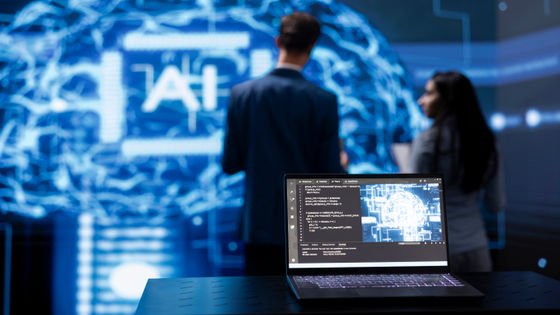A bill, the Transparency and Accountability for Artificial Intelligence Networks (TRAIN) Act, has been submitted in the United States to make it easier to check whether your work has been used for AI learning without permission. If the bill becomes a reality, copyright holders will have access to learning records and will be able to see if their work has been used.
TRAIN Act Seeks Transparency in AI Use of Copyrighted Works
https://www.billboard.com/pro/senate-train-act-transparency-generative-ai-training-copyrighted-works/
Senator introduces bill to compel more transparency from AI developers
https://www.nbcnews.com/tech/senate-bill-transparency-ai-developers-rcna181724
The TRAIN Act allows copyright holders to request disclosure of the training records of generative AI models if they can declare a “good faith belief” that their work was used to train a model. It is determined that it is possible.
Under the bill, AI developers would only have to disclose sufficient material to determine whether the copyright holder’s work was used in order to make a rebuttal. If you do not do so, it is legally assumed that the developer is using a copyrighted work.
Democratic Sen. Peter Welch, who introduced the TRAIN Act, said, “The mechanism is simple: If your work is used to train an AI, there needs to be a way for copyright holders to determine whether it was used for training.” If it turns out that it has been used, they must be compensated.”
In recent years, the explosive growth of generative AI has brought to light the conflict between AI technological innovation and the copyright holders that feed the innovation. Creators in various fields such as images, writing, music, and video are asking whether it is appropriate to train generative AI using copyrighted works.
Actor union SAG-AFTRA and the world’s largest publisher sign an open letter saying “creative works must not be used without permission to train AI” – GIGAZINE

Additionally, many companies developing generative AI do not disclose their training methods, and creators are currently unable to determine whether their work is being learned by AI. The TRAIN method is expected to directly address these “black box problems.”
On the other hand, many large-scale AI models collect large amounts of information randomly, and it has been pointed out that even developers cannot accurately grasp what kind of data is being collected. We may not be able to respond to your disclosure request.
ChatGPT’s “OpenAI”, which may have been trained without user consent, faces legal problems in the EU, which emphasizes strict privacy laws, and experts say “complying with the rules is next to impossible” – GIGAZINE

The TRAIN Act has the support of organizations such as the Recording Industry Association of America, the Composers, Lyricists and Publishers Association of America, and the American Federation of Musicians, and has the potential to balance innovation with an eye toward respecting the rights of creators. These points are evaluated.
Mitch Glazier of the Recording Industry Association of America said: “Senator Welch’s carefully tailored bill will bring transparency to AI and give artists and rights holders a fair chance to go to court if their work has been trained without their consent. The Recording Industry Association of America commends Senator Welch for his leadership and urges the Senate to enact this bill.”
“The future of America’s vibrant creative economy depends on laws that protect the rights of human creators. , how it is used to train generative AI models On behalf of our more than 1 million songwriters, composers, and music publishers, the TRAIN Act opens up the possibility for creators to be properly compensated. I applaud their leadership.”
Copy the title and URL of this article










